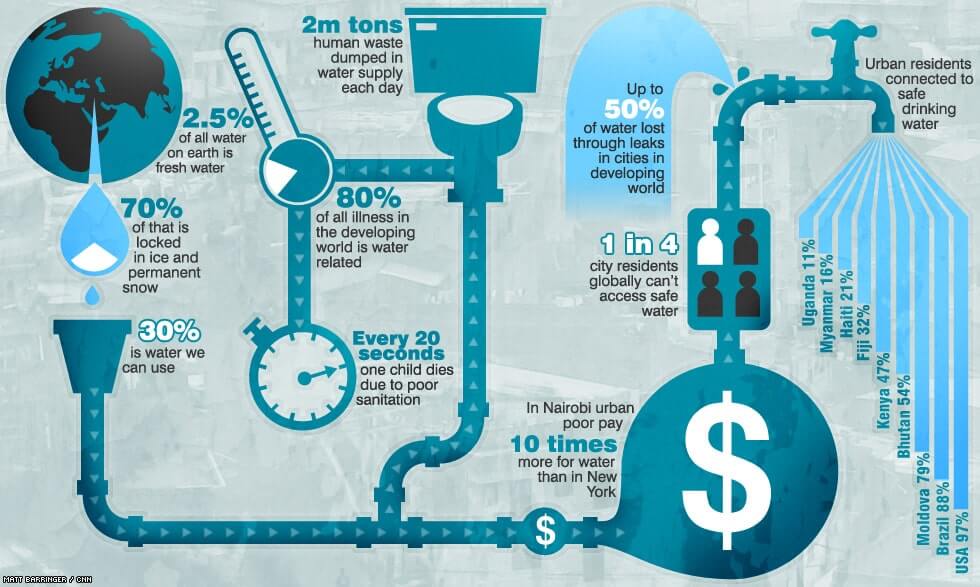The Future Of Home Heating - How Heat Pump Technology Is Evolving
The Future Of Home Heating - How Heat Pump Technology Is Evolving
Blog Article
Writer-Dawson Oliver
Heat pumps will certainly be an important modern technology for decarbonising home heating. In air conditioning services christchurch with federal governments' announced energy and climate dedications, their global capacity increases by 2030, while their share in home heating rises to one-quarter.
They work best in well-insulated homes and rely on electrical energy, which can be supplied from an eco-friendly power grid. Technological innovations are making them a lot more reliable, smarter and less costly.
Fuel Cells
Heatpump use a compressor, cooling agent, coils and fans to move the air and warmth in homes and devices. They can be powered by solar power or electrical power from the grid. They have actually been obtaining appeal due to their affordable, quiet operation and the capacity to create power during peak power demand.
Some firms, like IdaTech and BG MicroGen, are working on fuel cells for home heating. These microgenerators can change a gas central heating boiler and generate some of a home's electrical demands with a connection to the electricity grid for the rest.
But there are factors to be unconvinced of using hydrogen for home heating, Rosenow states. It would certainly be expensive and ineffective contrasted to other technologies, and it would certainly contribute to carbon discharges.
Smart and Connected Technologies
Smart home technology permits homeowners to attach and control their tools from another location with making use of smart device applications. For example, wise thermostats can discover your heating preferences and immediately get used to enhance power consumption. Smart lighting systems can be controlled with voice commands and automatically switch off lights when you leave the area, lowering power waste. And wise plugs can monitor and manage your electric usage, enabling you to determine and limit energy-hungry devices.
The tech-savvy home depicted in Carina's interview is an excellent illustration of exactly how passengers reconfigure area heating techniques in the light of brand-new wise home innovations. They rely on the devices' computerized features to carry out day-to-day changes and regard them as a hassle-free means of performing their heating methods. Therefore, home comfort solutions christchurch see no reason to adjust their methods better in order to make it possible for versatility in their home power demand, and treatments targeting at doing so may encounter resistance from these houses.
Electricity
Given that heating up homes represent 13% people discharges, a button to cleaner alternatives could make a huge distinction. But the innovation deals with obstacles: It's costly and requires substantial home restorations. And https://www.achrnews.com/articles/141490-how-to-conduct-chiller-maintenance 's not always compatible with renewable resource sources, such as solar and wind.
Up until lately, electric heat pumps were also pricey to take on gas designs in the majority of markets. Yet brand-new innovations in layout and products are making them extra cost effective. And far better cold climate performance is allowing them to operate well also in subzero temperatures.
The following step in decarbonising home heating might be making use of warmth networks, which draw heat from a central resource, such as a neighboring river or sea inlet, and disperse it to a network of homes or buildings. That would minimize carbon exhausts and allow families to benefit from renewable resource, such as eco-friendly electricity from a grid provided by renewables. This choice would be much less costly than switching to hydrogen, a fossil fuel that needs brand-new infrastructure and would only reduce CO2 emissions by 5 percent if paired with enhanced home insulation.
Renewable Energy
As power prices go down, we're beginning to see the exact same trend in home heating that has driven electrical automobiles into the mainstream-- but at an even faster rate. The strong environment case for impressive homes has been pushed further by new study.
Renewables make up a considerable share of modern warmth consumption, however have been offered restricted policy attention globally compared to various other end-use sectors-- and also much less attention than power has. In part, this mirrors a mix of consumer inertia, divided rewards and, in several nations, aids for nonrenewable fuel sources.
New innovations could make the shift less complicated. As an example, heat pumps can be made more energy effective by replacing old R-22 refrigerants with new ones that don't have the high GWPs of their predecessors. Some professionals additionally visualize district systems that draw heat from a close-by river or sea inlet, like a Norwegian arm. The warm water can then be used for heating and cooling in an area.